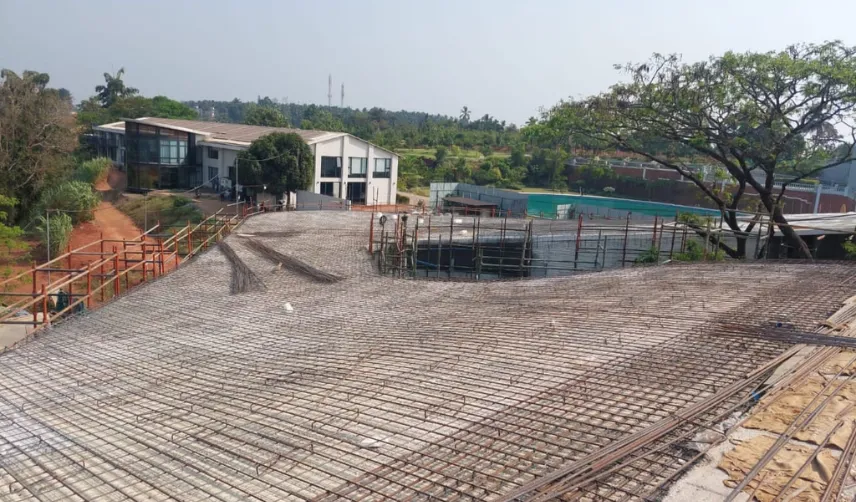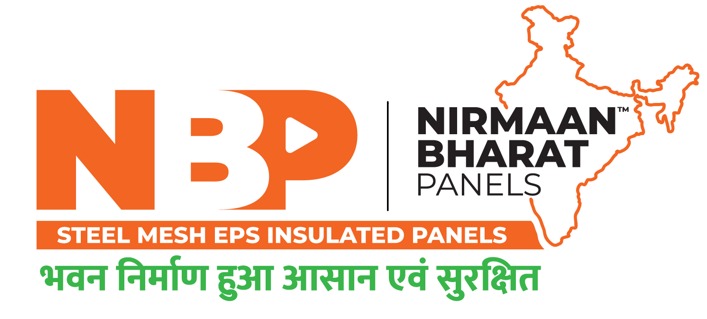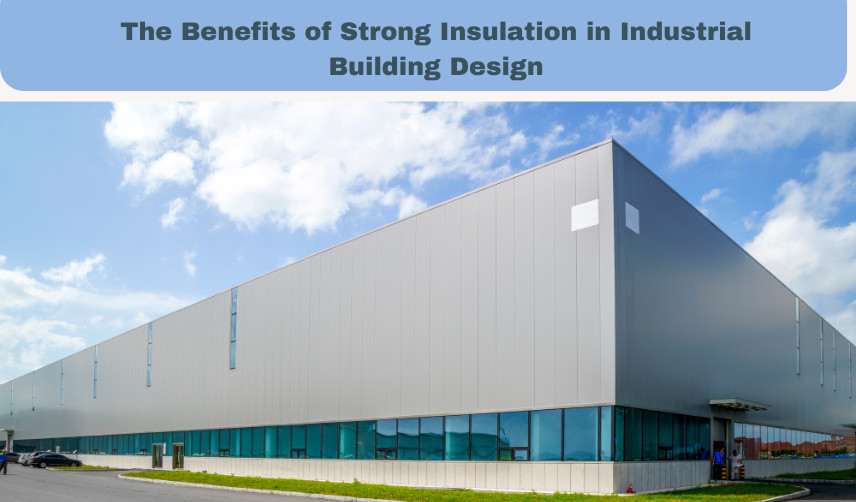In the realm of industrial building design, insulation plays a pivotal role in ensuring energy efficiency, sustainability, and overall operational cost-effectiveness. The strategic integration of robust insulation materials, such as EPS panels, offers a multitude of benefits that extend beyond mere temperature control. This blog post explores the comprehensive advantages of strong insulation in industrial building, emphasizing the significance of EPS panels in modern construction.
Table of Contents
ToggleUnderstanding Insulation in Industrial Buildings
Insulation in industrial buildings is not merely an add-on but a fundamental component of the building’s envelope. It serves to minimize the transfer of heat between the interior and exterior environments, ensuring that the building remains energy efficient and comfortable. The primary objective is to reduce the need for artificial heating and cooling, thereby lowering energy consumption and associated costs.
Energy Efficiency and Cost Savings
One of the most compelling benefits of strong insulation in industrial building is the substantial energy savings it delivers. Insulated buildings require less energy to maintain stable internal temperatures. This is particularly crucial in industrial settings where machinery and processes generate significant amounts of heat.
By reducing the reliance on heating, ventilation, and air conditioning (HVAC) systems, businesses can achieve considerable cost savings on energy bills. Studies have shown that well-insulated buildings can reduce energy consumption by up to 50%, leading to lower operational costs and a quicker return on investment in insulation materials.
Enhanced Comfort and Productivity
Maintaining a consistent and comfortable indoor environment is essential for the productivity and well-being of employees. Industrial buildings with strong insulation provide a more stable and comfortable climate, reducing the temperature fluctuations that can occur in poorly insulated structures. This not only enhances the comfort of the workforce but also contributes to higher productivity levels, as employees are less likely to experience discomfort and distractions caused by extreme temperatures.
Environmental Sustainability
In today’s world, sustainability is a key consideration in all aspects of construction and building design. Strong insulation contributes significantly to the environmental sustainability of industrial buildings. By lowering energy consumption, insulated buildings reduce greenhouse gas emissions, thus minimizing their carbon footprint.
EPS panels, or expanded polystyrene panels, are a prime example of an insulation material that aligns with sustainable building practices. EPS is highly efficient in reducing energy loss, and its production has a lower environmental impact compared to other traditional insulation materials. Additionally, EPS panels are recyclable, further enhancing their eco-friendly credentials.
EPS Panels: A Game Changer in Industrial Insulation
EPS panels have revolutionized the way insulation is approached in industrial building design. These panels consist of a rigid foam core made from expanded polystyrene, sandwiched between two outer layers. This composition provides excellent thermal insulation properties, making EPS panels highly effective in maintaining desired indoor temperatures.

Key Benefits of EPS Panels:
Thermal Efficiency:
EPS panels have a high R-value, indicating superior thermal resistance. This means they are exceptionally effective in preventing heat transfer, which is crucial for energy efficiency.
Lightweight and Durable:
Despite being lightweight, EPS panels are incredibly durable. This makes them easy to handle and install, reducing labor costs and time during construction.
Moisture Resistance:
EPS panels are resistant to moisture absorption, preventing issues such as mold growth and structural damage that can result from water infiltration.
Cost-Effective:
The cost of EPS panels is relatively low compared to other insulation materials. Coupled with the energy savings they provide, EPS panels offer a cost-effective solution for industrial insulation.
Versatility:
EPS panels can be used in various applications, including walls, roofs, and floors, providing a versatile solution for comprehensive insulation needs in industrial buildings.
Noise Reduction
Industrial environments are often plagued by high levels of noise due to machinery and equipment operations. Strong insulation, including the use of EPS panels, can significantly mitigate noise pollution within industrial buildings. EPS panels provide sound dampening properties, reducing the transmission of noise between different areas of the building. This creates a quieter and more conducive working environment, improving employee comfort and productivity.
Fire Safety
Fire safety is a critical concern in industrial settings. Insulation materials can play a crucial role in enhancing the fire resistance of buildings. EPS panels are designed to meet stringent fire safety standards, providing an additional layer of protection. When properly installed, they can help slow the spread of fire, giving occupants more time to evacuate and reducing potential damage to the facility.
Quick and Efficient Installation
The ease and speed of installation are significant advantages of using EPS panels in industrial building design. Their lightweight nature and modular construction allow for quick assembly, minimizing disruptions to ongoing operations. This efficiency in installation not only saves time but also reduces labor costs, making EPS panels a practical choice for industrial projects.
Longevity and Low Maintenance
Strong insulation materials, including EPS panels, are known for their durability and longevity. Once installed, they require minimal maintenance, providing long-term benefits without the need for frequent replacements or repairs. This translates to lower maintenance costs over the lifespan of the building, contributing to overall cost savings.
Compliance with Building Codes and Standards
Incorporating strong insulation materials like EPS panels ensures compliance with building codes and standards. Many industrial buildings are subject to stringent energy efficiency regulations, and using high-quality insulation helps meet these requirements. EPS panels, with their excellent thermal properties, help buildings achieve the necessary energy performance ratings, ensuring regulatory compliance.
Conclusion
In the context of industrial building design, strong insulation is not merely a luxury but a necessity. The myriad benefits it offers, from energy efficiency and cost savings to enhanced comfort and environmental sustainability, underscore its importance. EPS panels, with their superior thermal properties, durability, and versatility, emerge as a highly effective solution for industrial insulation needs.
By investing in robust insulation materials like EPS panels, industrial facilities can achieve significant operational efficiencies, contribute to environmental conservation, and provide a comfortable and safe working environment for employees. As the industrial sector continues to evolve, the role of strong insulation in building design will undoubtedly become even more critical, driving advancements in energy efficiency and sustainable construction practices.
Read, more
EPS Panel Manufacturers In India: Innovations, Sustainability, And Quality Solutions


